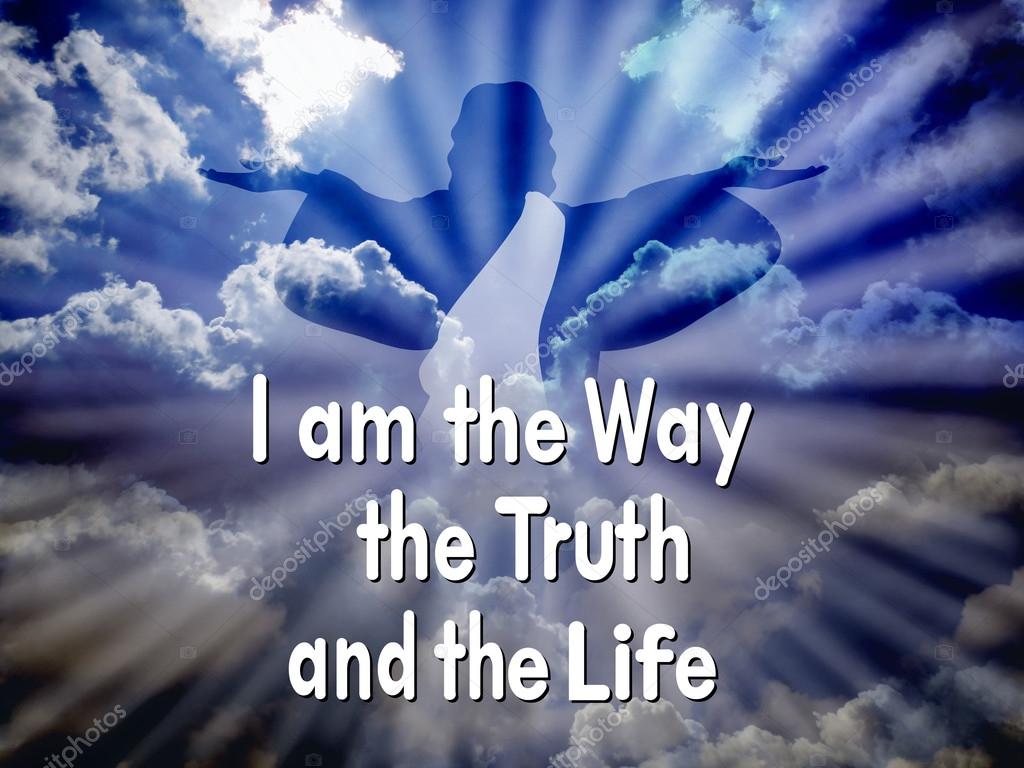These days, there are many more interesting things than the life of faith. In the Light of the World Column of the Catholic Times, the priest columnist faces the weakening and loss of faith. Attitudes towards life that take faith seriously and efforts to deepen faith life seem urgent.
"Generally, if people say that they are believers, they may think that from the day they are baptized, all doubts disappear and their hearts be at ease. But there is no such thing. Everyone wanders the same and suffers the same. The only difference is that there is someone who remembers my wanderings and suffering." (Endo Shusaku 「My Jesus」)
Let us talk about our life of faith. Are you doing well in your faith life? Are you living with the Lord with the fervent heart you had at baptism? Or, conversely, are you too busy to go to church and have little time to pray? Is your faith life going through a crisis wondering what meaning the life of a Catholic has in the world these days?
If it is the former, I would like to advise you to cultivate your faith more with a humble heart rather than a complacent heart, as the dark night of the soul may come someday at which time to remember that life is difficult to predict and the problems may be a blessing in disguise for a deepening of the faith. And if it's the latter, I would like to tell you that just as our lives go through puberty, there can be such a process, and rather, we can meet the Lord through times of crisis. And whether it's the former or the latter, the most important thing is deepening our faith life.
What are you doing? To put it bluntly, these days there are many more fun things than faith, so faith life activities have decreased for many. 'TV, Internet, Sports, Videos, overseas travel, and delicious food' are all more fun than the church, prayers, and reading the Bible. In short, interest in faith has waned, and therefore, attitudes toward life that take faith seriously and efforts for faith seem urgent.
The social doctrine of the Catholic Church is not simply a knowledge of society. The social doctrine that flows from God's love is knowledge enlightened by faith.
Faith fills us with fundamental power and grace. There are many things in society. Exposed to this, we discuss our thoughts and feelings. When a political issue appears on TV, we analyze it like an expert and give our views. What is often regrettable is the faith point of view is missing. Here, faith extends to the fruits of faith such as forgiveness and reconciliation, love of neighbor and brotherhood, kindness and consideration, and listening and respect.
Society and the world will not change easily. Disappointments, stifling competition, conflicts, and divisions will not be easily resolved. But we must keep our faith. Why? This is because true faith is the power to save human beings and prevents the division of the community. Also, it is only through true faith that human beings and society do not lose their way, and the teaching and power that makes human beings true human beings is the very faith in God.
"From a liberating faith in God's love, there arises a new vision of the world and a new way of approaching others, whether the other is an individual or an entire people. It is a faith that transforms and renews life, inspired by the peace that Christ left to his disciples. Moved solely by this faith, the Church intends to promote the unity of Christians and fruitful cooperation with believers of other religions. Differences of religion must not be a cause of conflict; the shared quest for peace on the part of all believers is a vital source of unity among peoples" (Social Doctrine,516).






